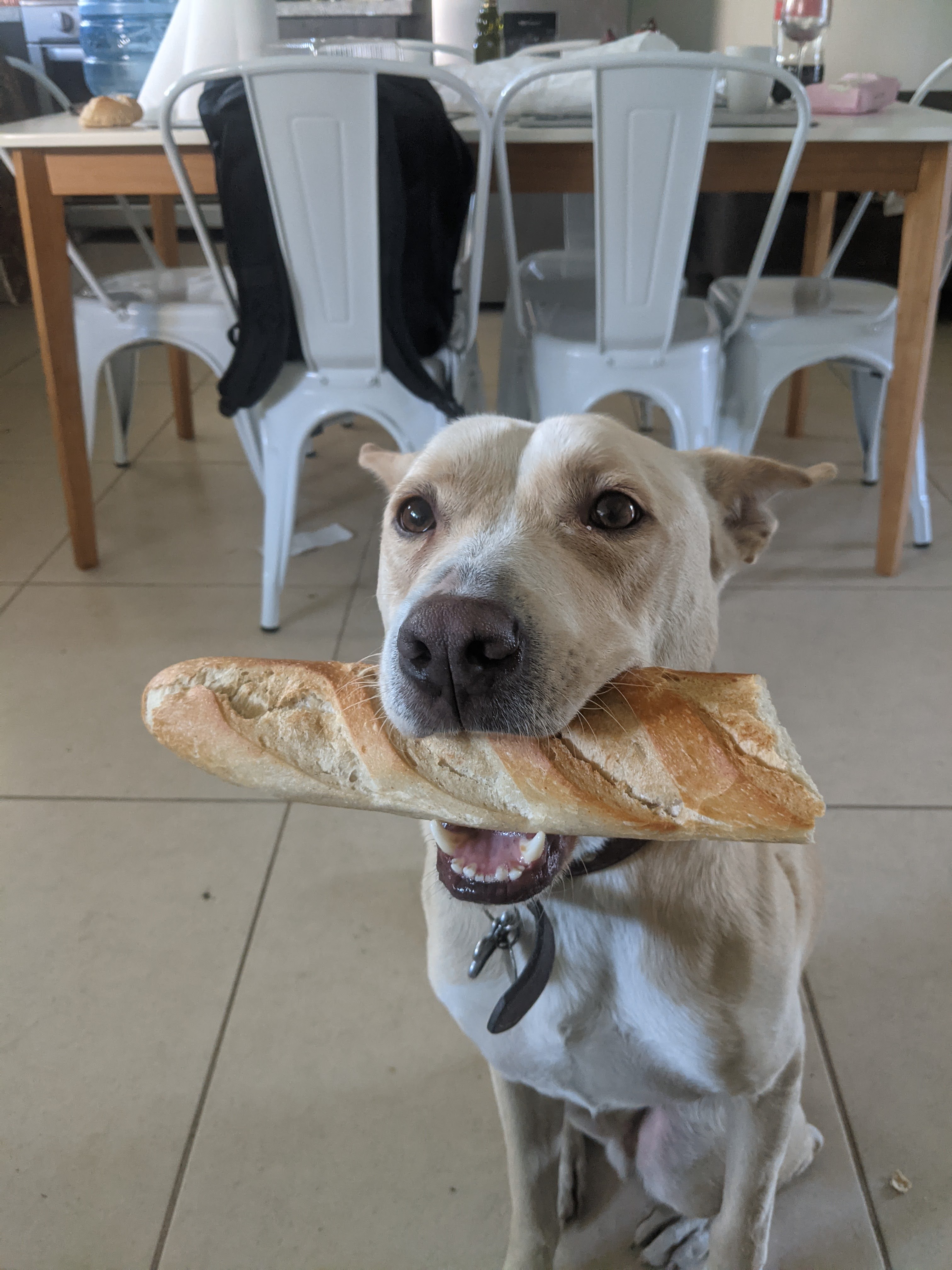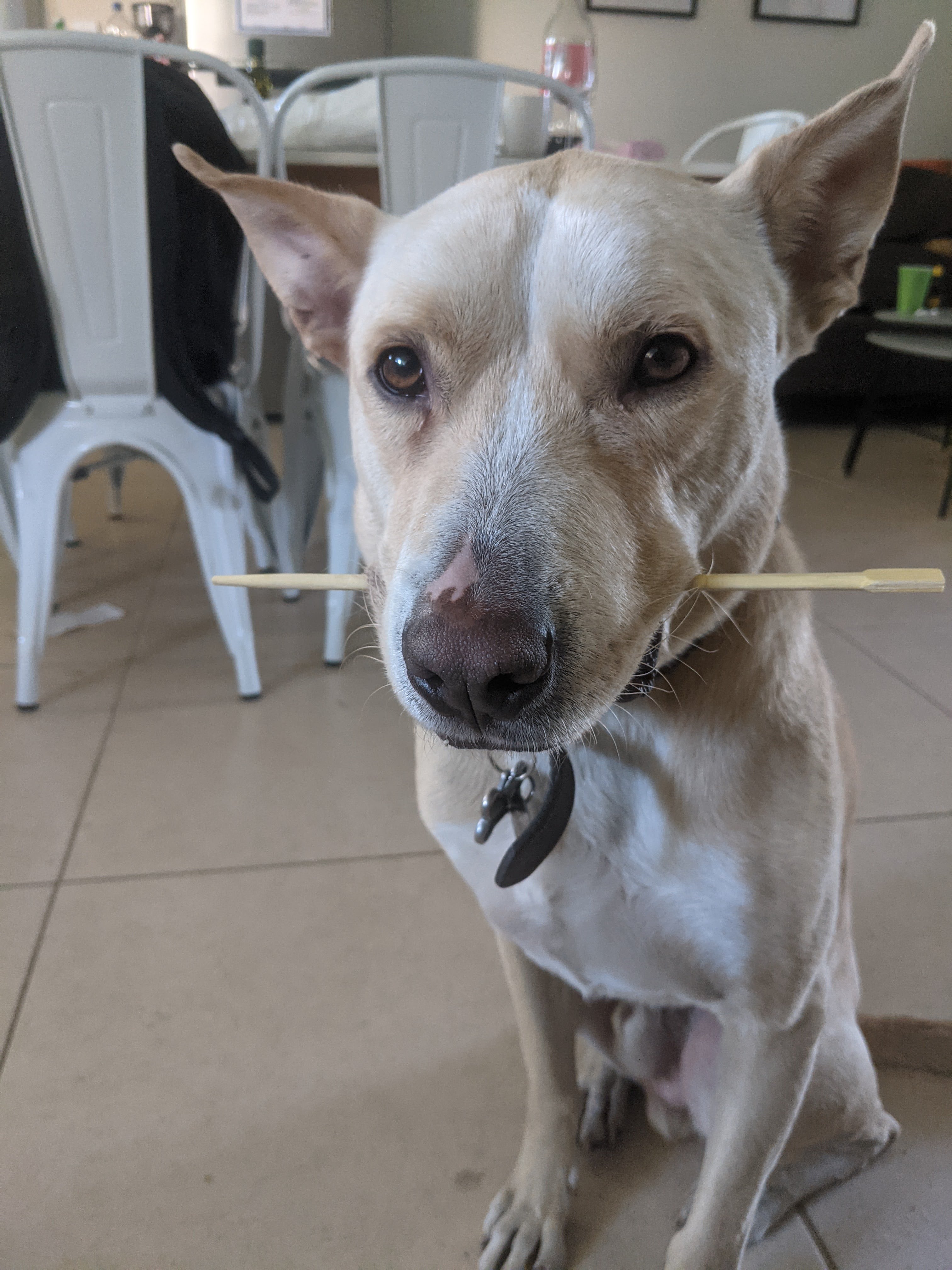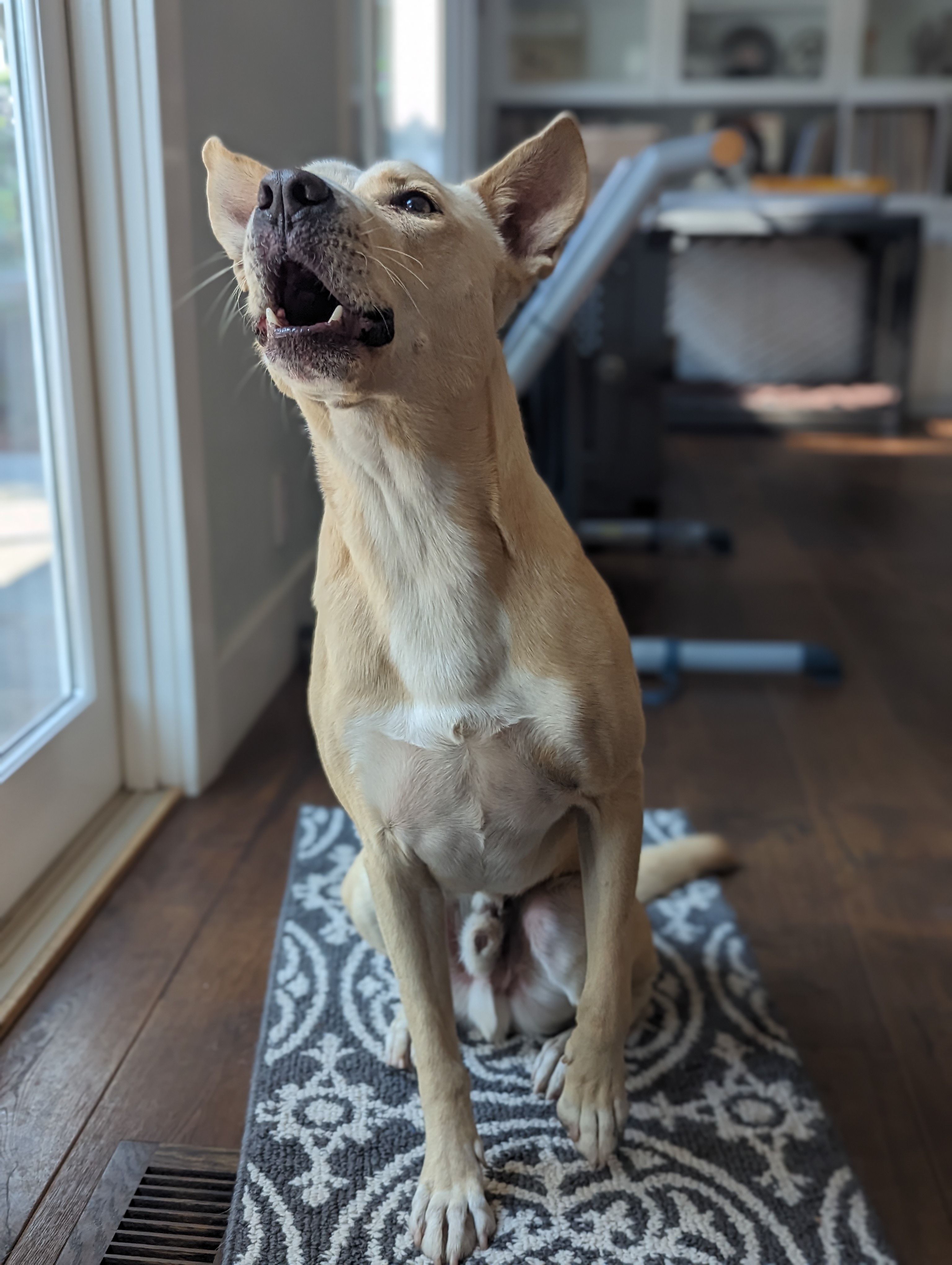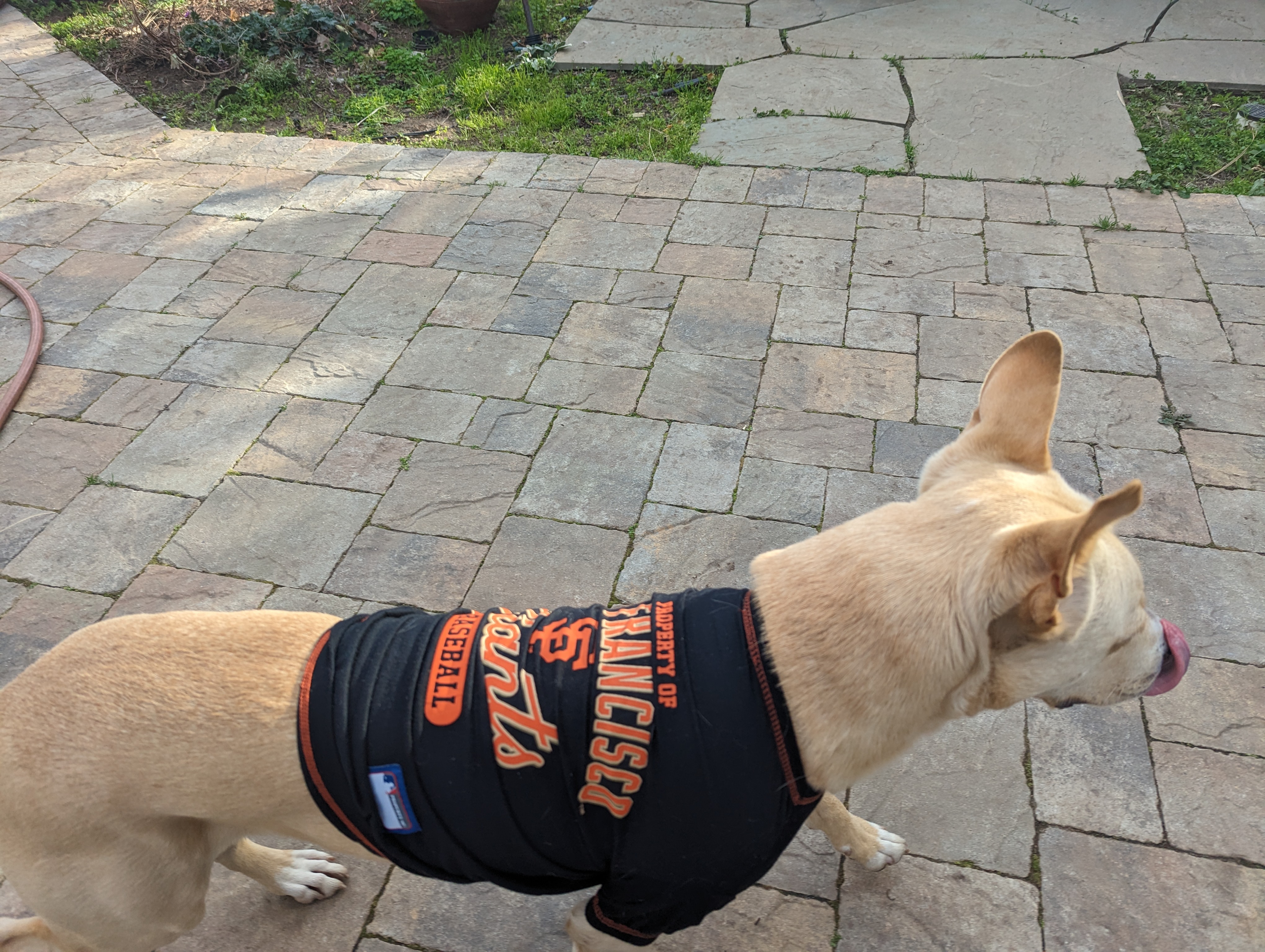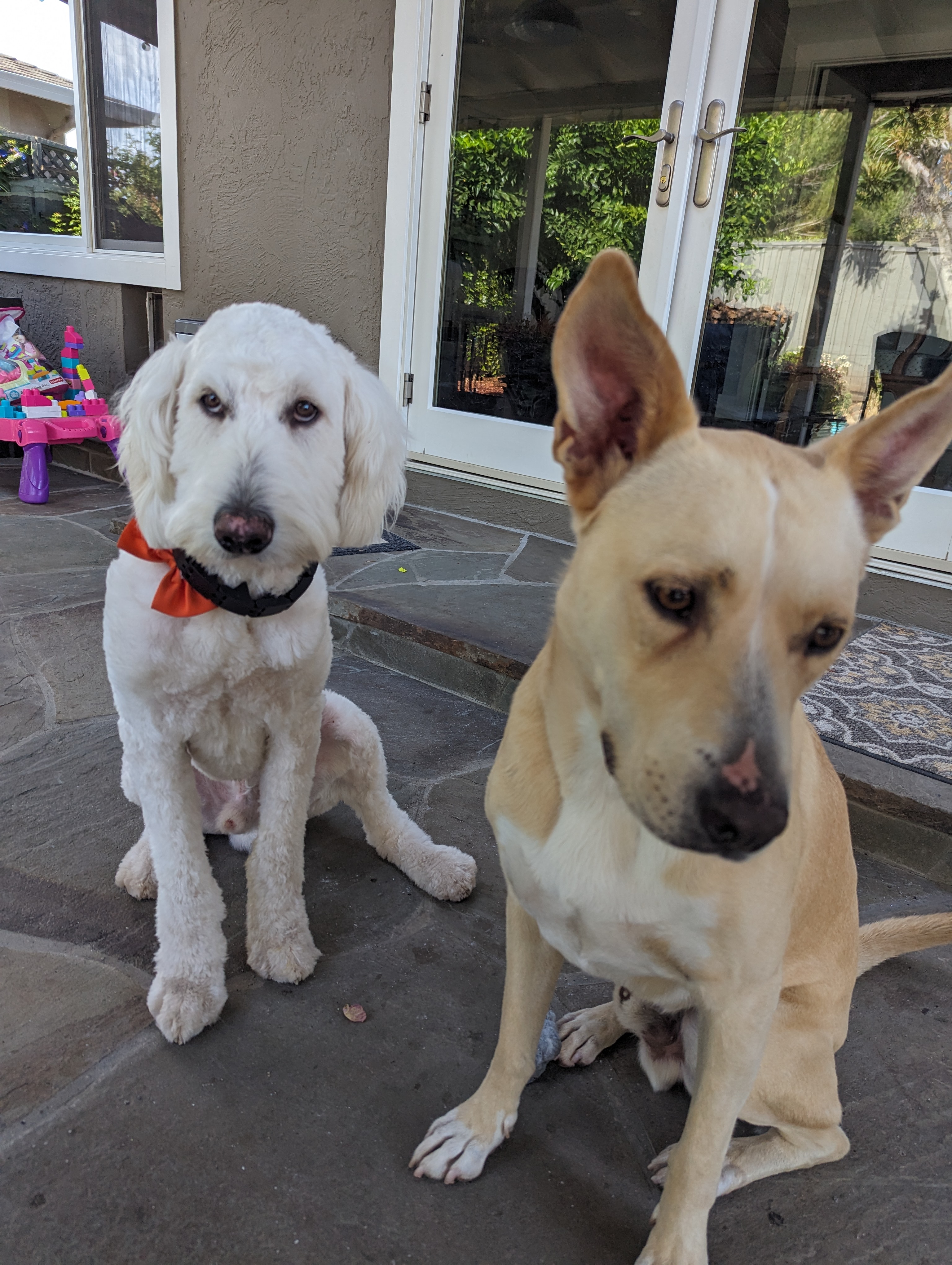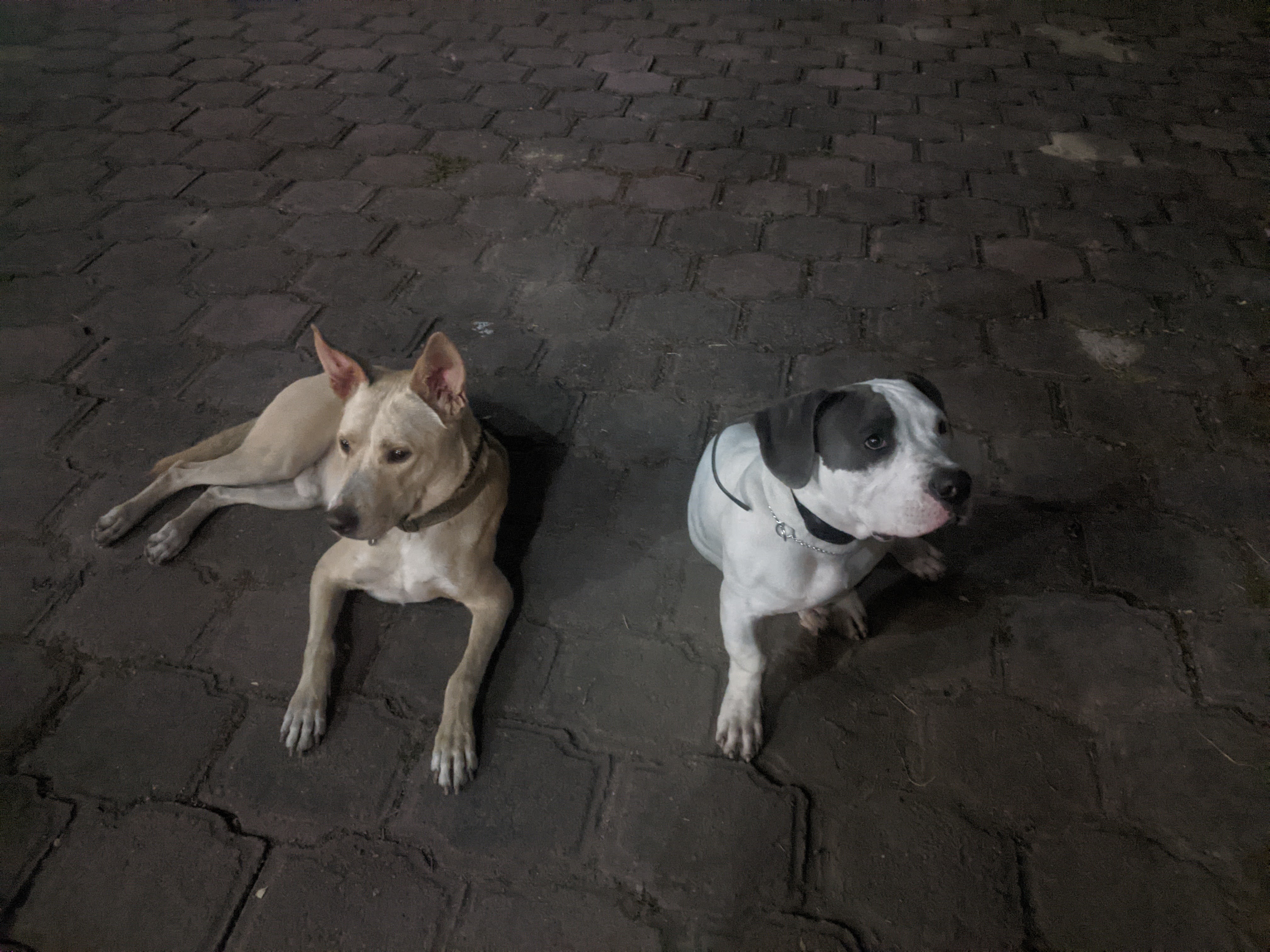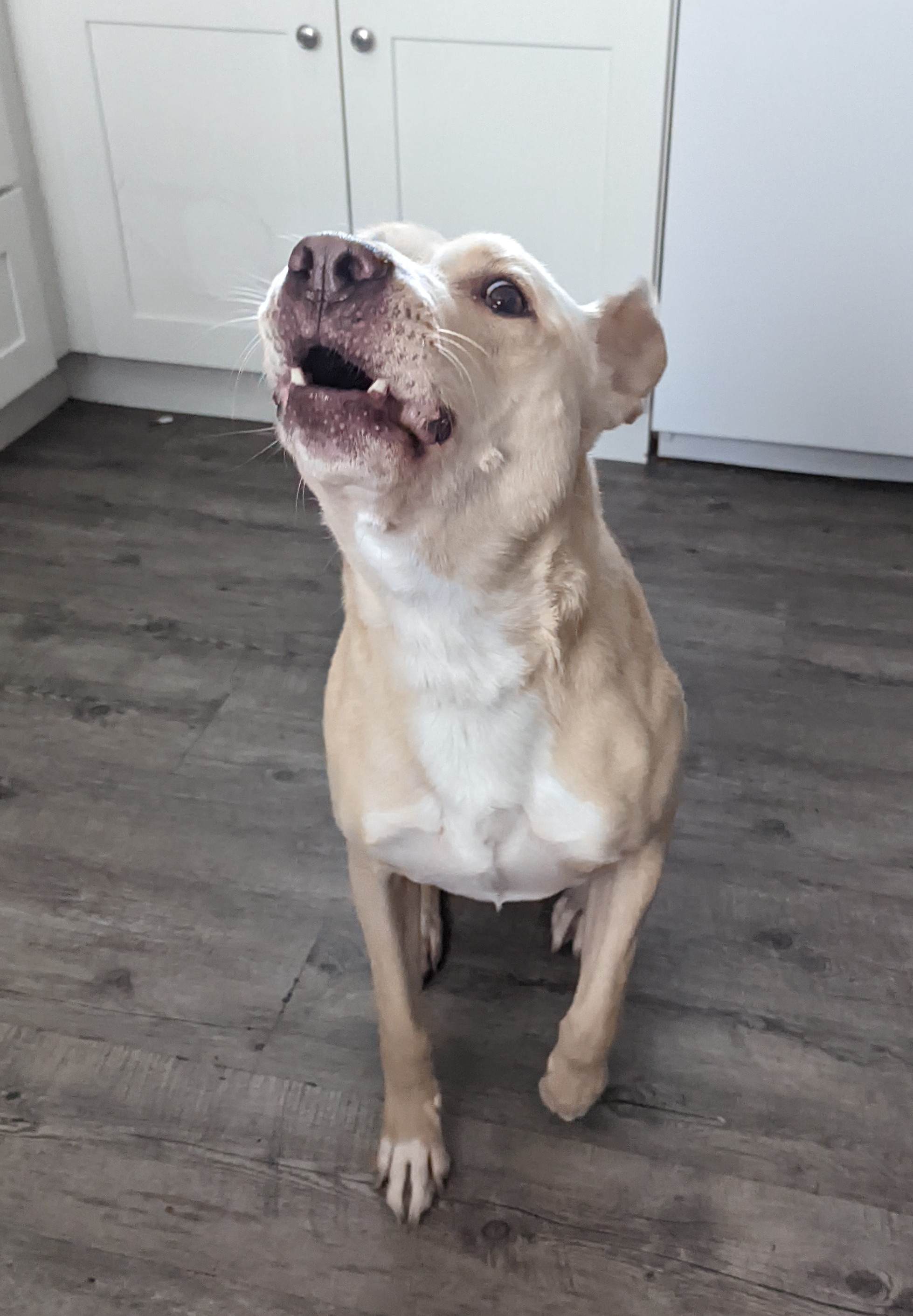The American Dingo
Ancient Origins & Natural Heritage
The Carolina Dog, also known as the American Dingo, represents one of North America's most fascinating native canines. With a lineage tracing back thousands of years, these remarkable dogs are believed to have descended from Asian pariah dogs that crossed the Bering land bridge with early human settlers.
For centuries, they roamed freely throughout the southeastern United States, particularly in isolated areas of Georgia, South Carolina, and North Carolina, developing exceptional survival skills and adaptability. Their distinctive appearance—featuring erect ears, curved tails, and almond-shaped eyes—reflects their ancient heritage.
What makes Carolina Dogs truly special is their natural intelligence, remarkable pack awareness, and innate hunting abilities. Once wild, these dogs have gradually transitioned to domestic life while maintaining their unique primitive characteristics and deep connection to nature.
Today, Carolina Dog enthusiasts celebrate and preserve this extraordinary breed that represents a living link to America's ancient past.

